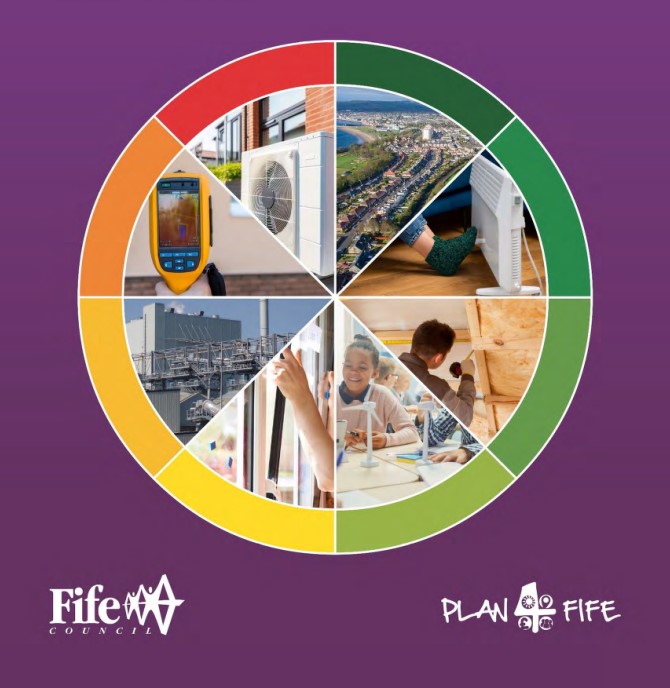
FIFE Council has approved long-term plans to improve the energy efficiency of buildings and switch to climate friendly heating systems across the region.
Councillors on the cabinet committee approved Fife’s local heat and energy efficiency strategy (LHEES) and delivery plan. All local authorities have a statutory duty to prepare and publish a LHEES by 31 December 2023.
Fife Council explained that its LHEES provides a sound basis for ‘significant’ ongoing and future action to help the local authority meet its 2045 net zero target and achieve the region’s vision to be climate friendly, ready, and just – whilst also being flexible enough to ensure improvements to technology and modelling can be incorporated at a later date.
Eight key priority areas have been identified as part of the LHEES’ development, ensuring the strategy will improve energy efficiency, decarbonise heat, and account for other important considerations.
The LHEES includes actions focusing on tackling fuel poverty by aiming to reduce fuel bills; community wealth building; an inclusive economy with green skills and jobs; and ensuring all communities and stakeholders are aware of the green heat transition to low and zero emissions heating.
Councillor Jan Wincott, Fife Council’s environment and climate change spokesperson, said, “This strategy was informed through working with Council officers and partners across Fife. Ongoing collaboration, including sharing of knowledge, data, and innovations will be pivotal to the success of Fife’s local heat and energy efficiency strategy. It will also improve our buildings, help overcome challenges, and help Fife achieve national targets.
“With over half of Scottish energy demand in 2020 being for heating purposes, everyone in Fife will either help support and deliver the strategy and delivery plan through improving their homes and businesses; or experience the benefits of these measures by having more energy efficient homes and workplaces with low or zero emissions heating.”








